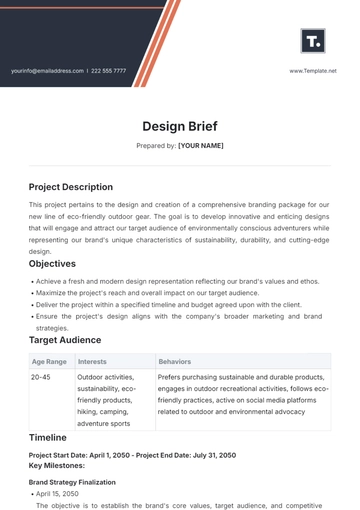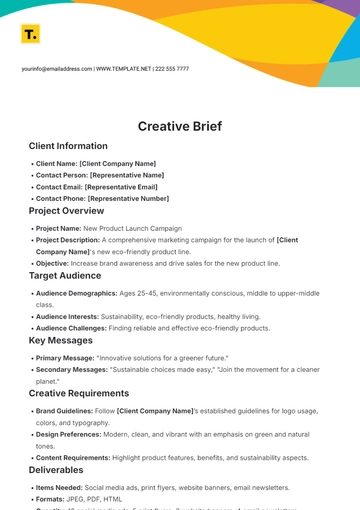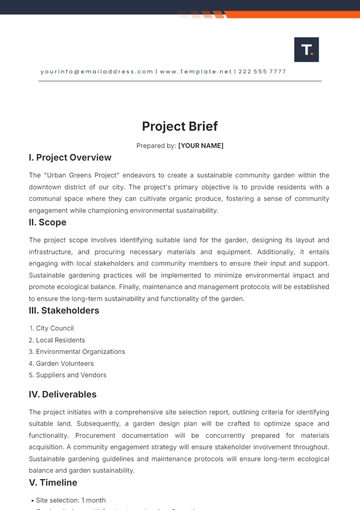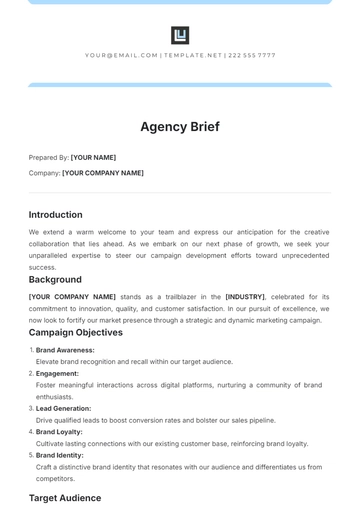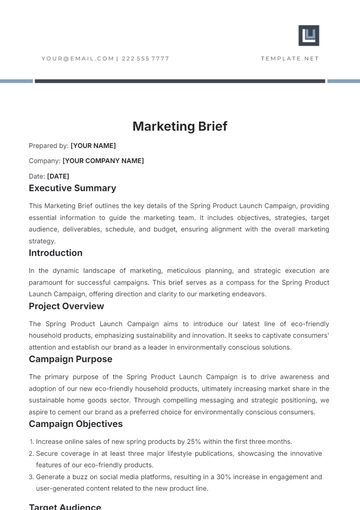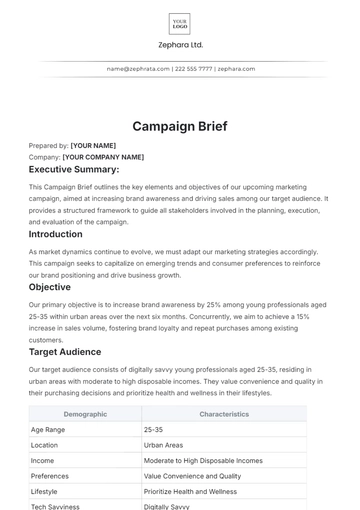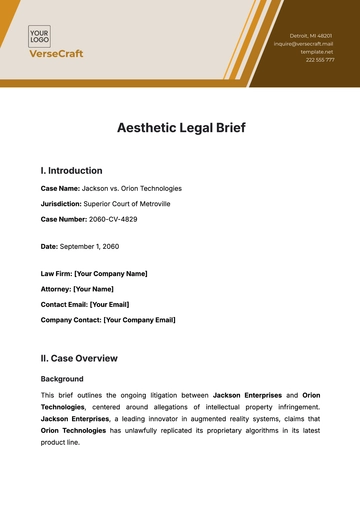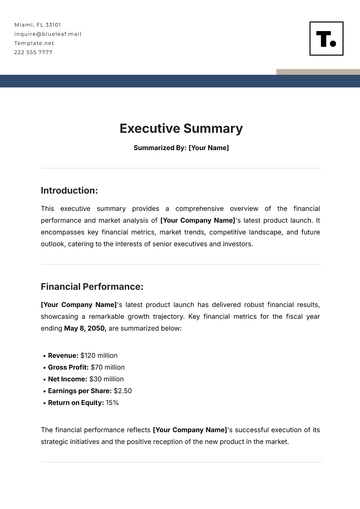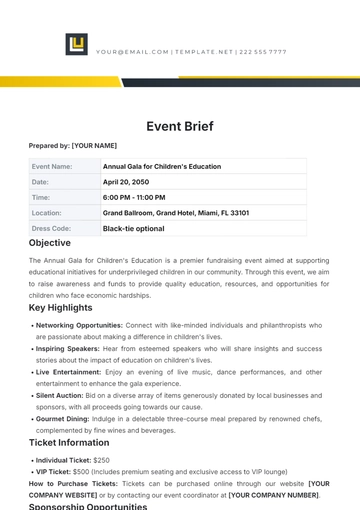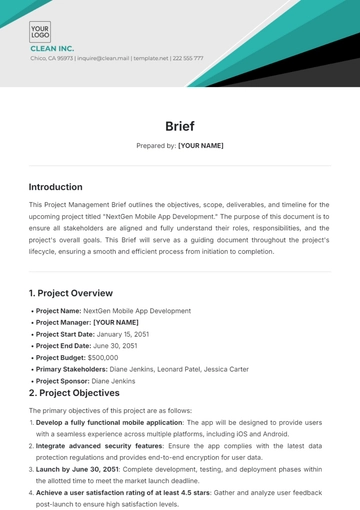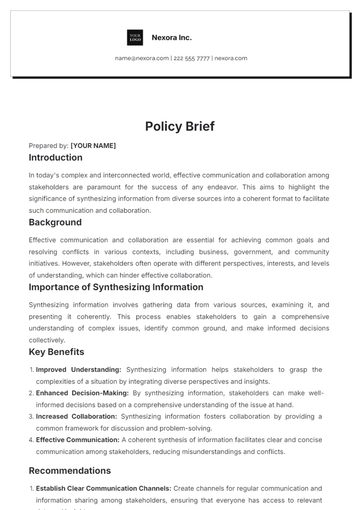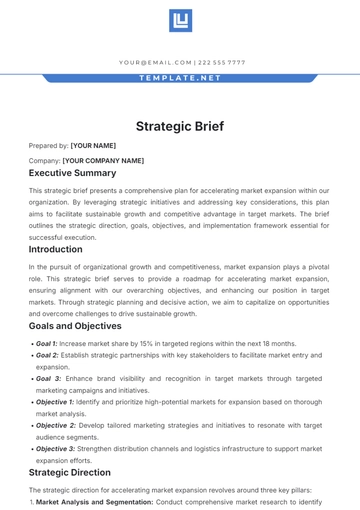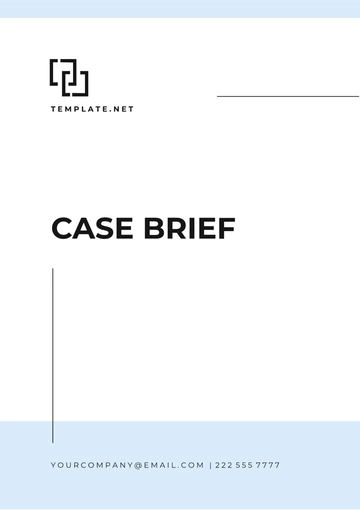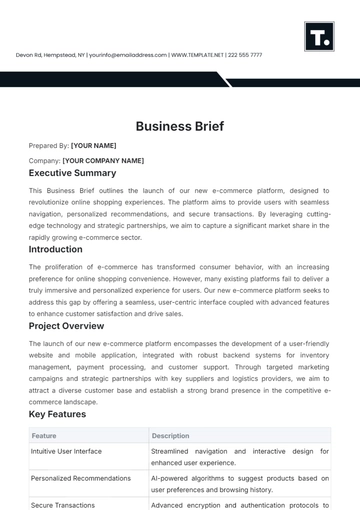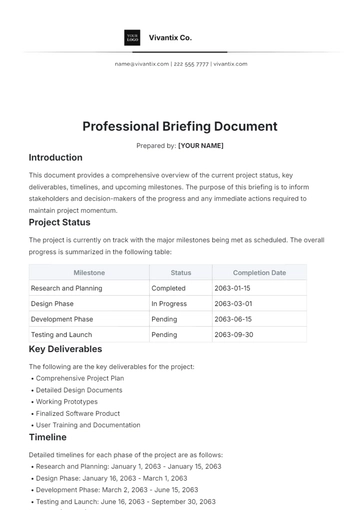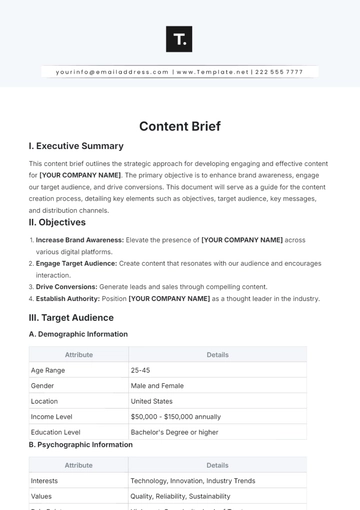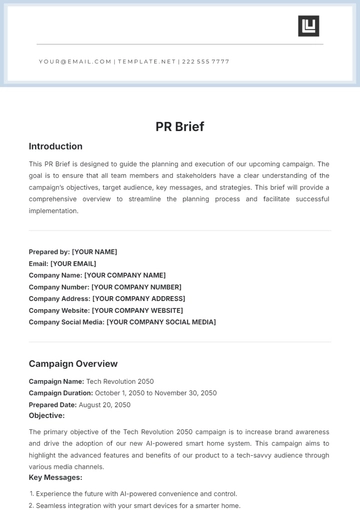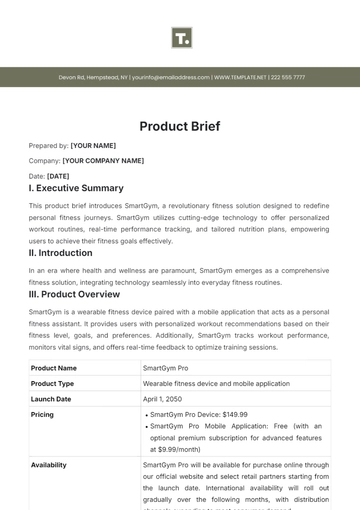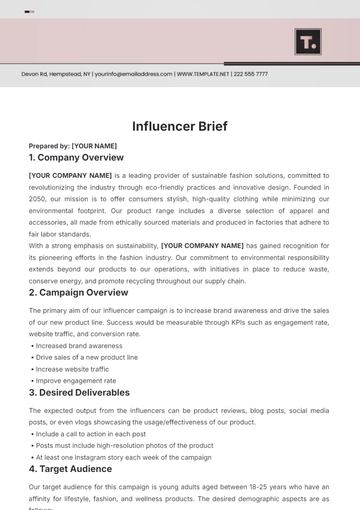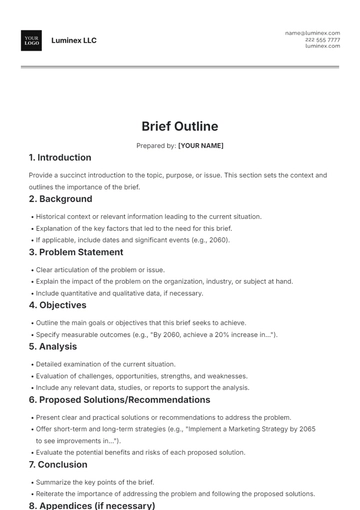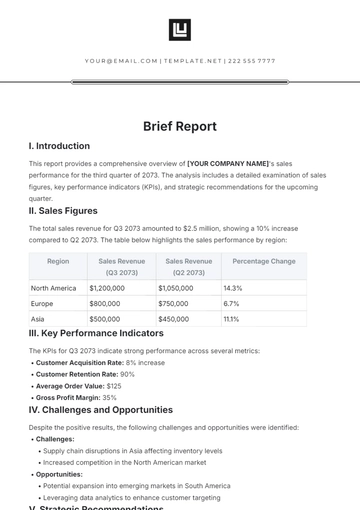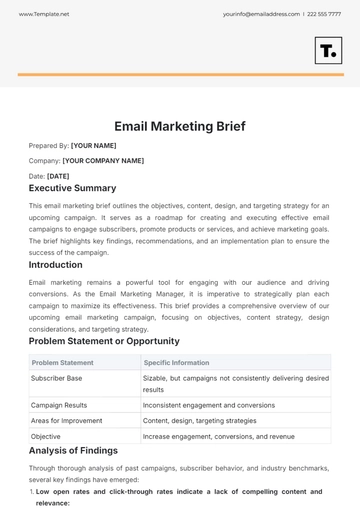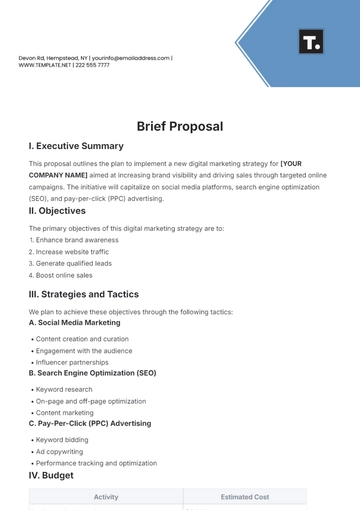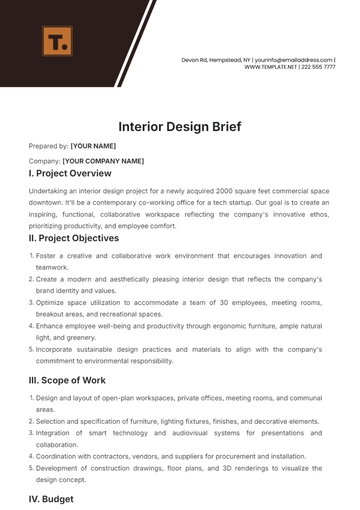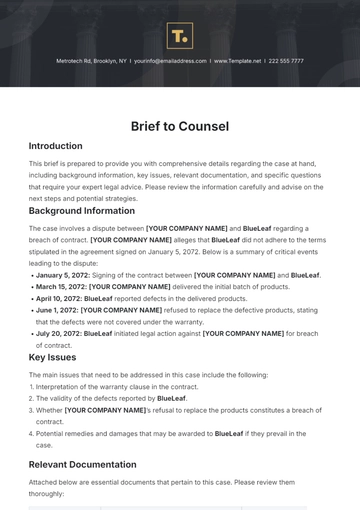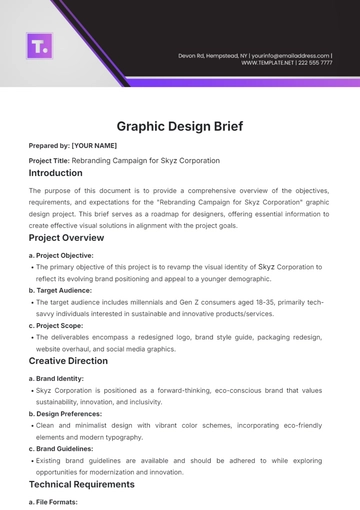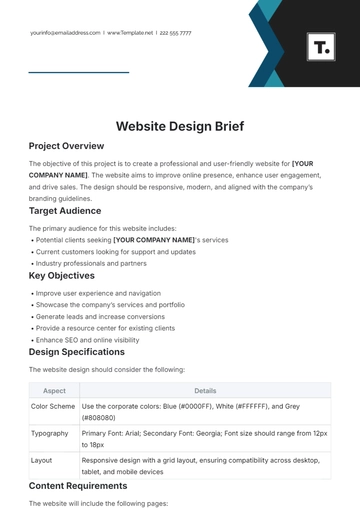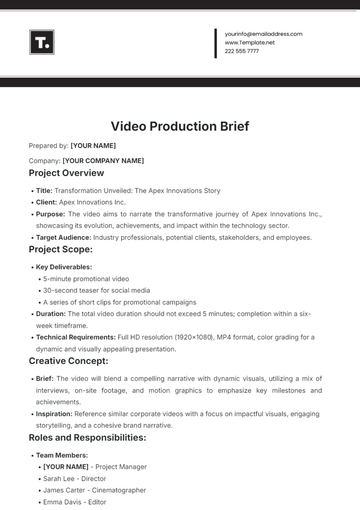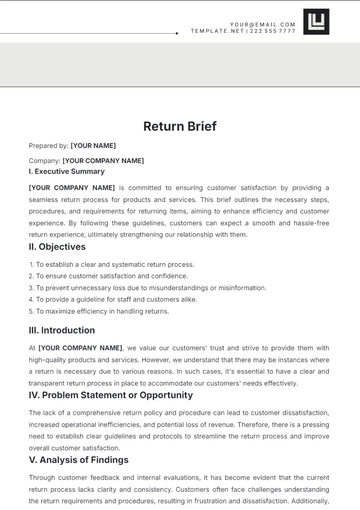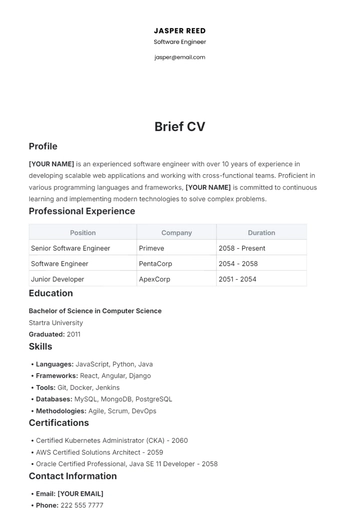Free Legal Studies Case Brief
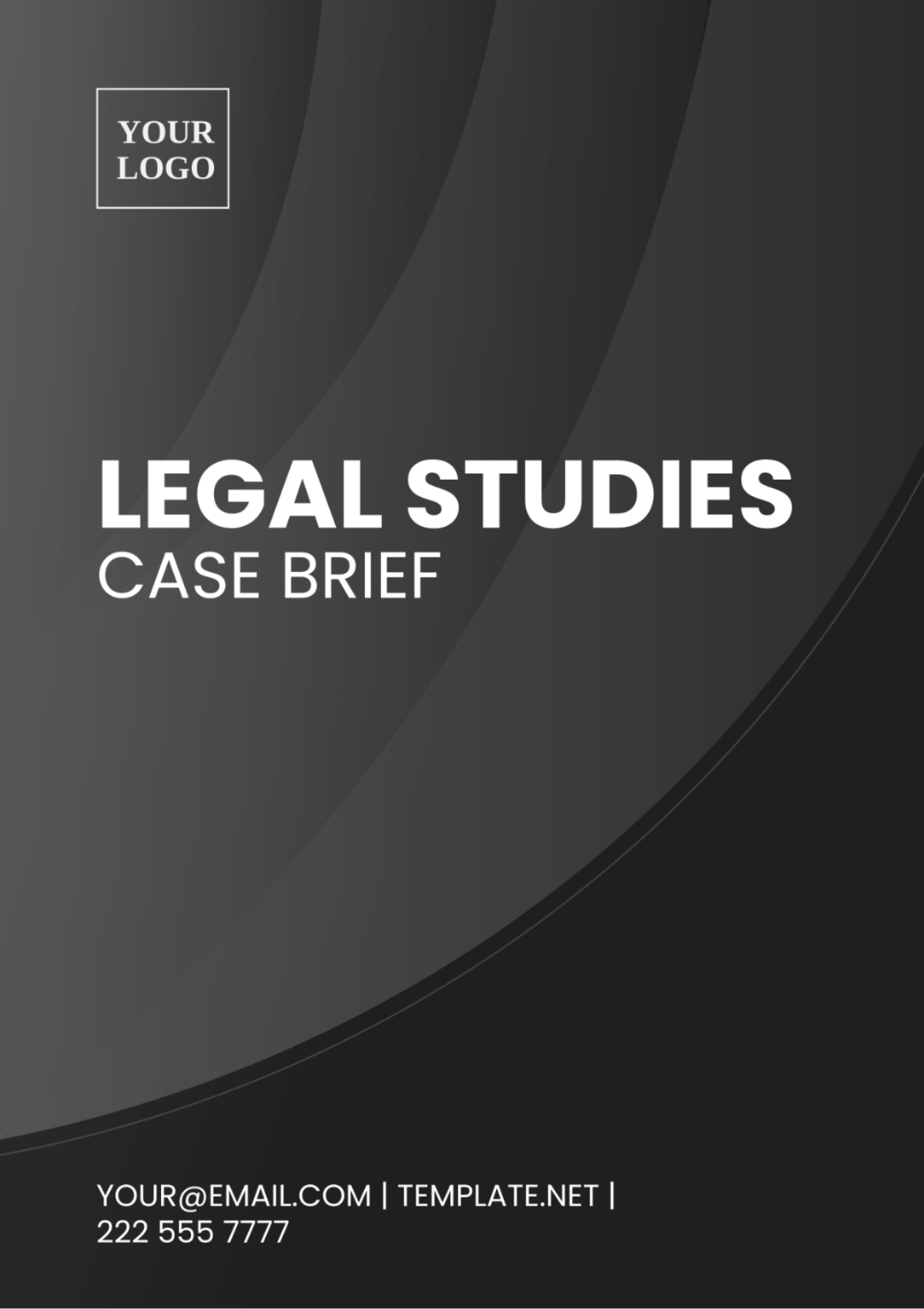
I. Case Information
Case Citation: [Lewis v. State of New York, 2055 U.S. 123 (Supreme Court 2055)]
Case Title: [The People v. Lewis]
Court: [Supreme Court of the United States]
Date: [May 15, 2055]
Parties:
Plaintiff(s): [State of New York]
Defendant(s): [Lincoln Lewis]
II. Case Overview
A. Facts:
[Lincoln Lewis], a renowned scientist, is accused of corporate espionage after allegedly sharing proprietary research with a rival company.
The dispute arises from a contract dispute between [Lewis]'s former employer and the rival company.
B. Legal Issues:
Whether [Lewis]'s actions constitute a breach of contract and/or violation of trade secret laws.
The extent of liability for sharing confidential information.
III. Arguments Presented
A. Plaintiff's Arguments:
The prosecution argues that [Lewis] knowingly violated contractual obligations and shared sensitive information for personal gain.
Cites specific clauses in the employment contract prohibiting disclosure of proprietary information.
B. Defendant's Arguments:
[Lewis] denies any wrongdoing and claims the information shared was not confidential or proprietary.
Argues that the contract terms were ambiguous and did not clearly prohibit the actions in question.
IV. Legal Analysis
A. Applicable Law:
Refer to relevant state and federal trade secret regulations and contract law principles, including statutes such as the [Uniform Trade Secrets Act (UTSA)] and [New York's trade secret laws].
B. Precedents:
Discuss similar cases involving trade secrets and breach of contract in the context of employment relationships, such as [IBM v. Papermaster] and [Google LLC v. Uber Technologies].
V. Implications and Significance
A. Impact:
The decision sets a precedent for the protection of intellectual property in employment contracts.
May influence future disputes involving trade secrets and confidential information.
B. Significance:
Highlights the importance of clear contractual language and the duty of employees to protect sensitive information.
Demonstrates the judiciary's role in upholding contractual obligations and preserving competitive integrity.
VI. Conclusion
A. Summary:
[Lincoln Lewis] was found liable for breaching his employment contract and misappropriating trade secrets, emphasizing the significance of protecting confidential information in employment relationships.
B. Recommendations:
Employers should ensure clear and comprehensive contract terms regarding confidentiality and intellectual property rights.
Employees should exercise caution when handling sensitive information to avoid legal liabilities.
- 100% Customizable, free editor
- Access 1 Million+ Templates, photo’s & graphics
- Download or share as a template
- Click and replace photos, graphics, text, backgrounds
- Resize, crop, AI write & more
- Access advanced editor
Discover the ultimate legal studies companion on Template.net! Our editable Legal Studies Case Brief Template offers unparalleled customizability, ensuring seamless adaptation to your needs. Crafted for efficiency, it's effortlessly editable in our Ai Editor Tool, empowering you to create impeccable case briefs with ease and precision.
